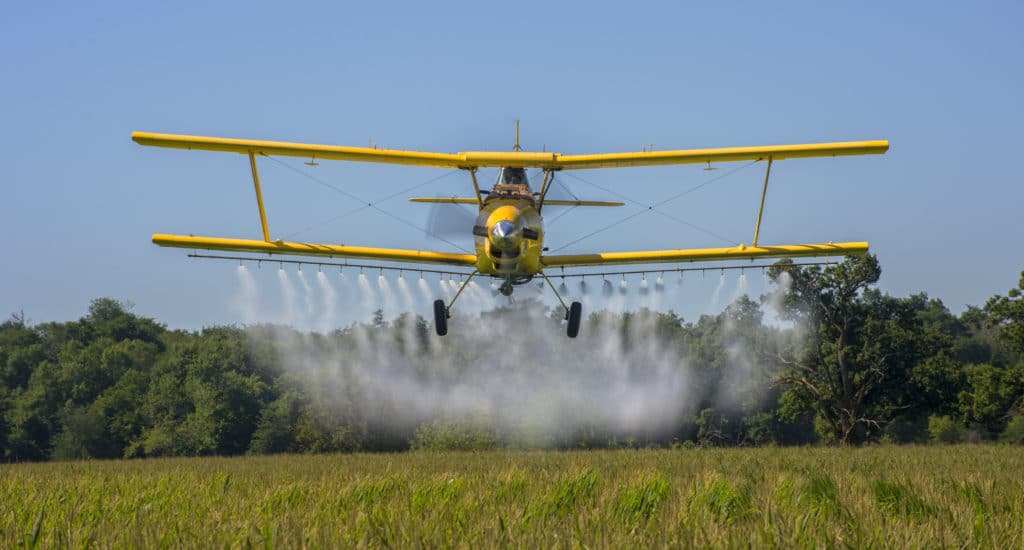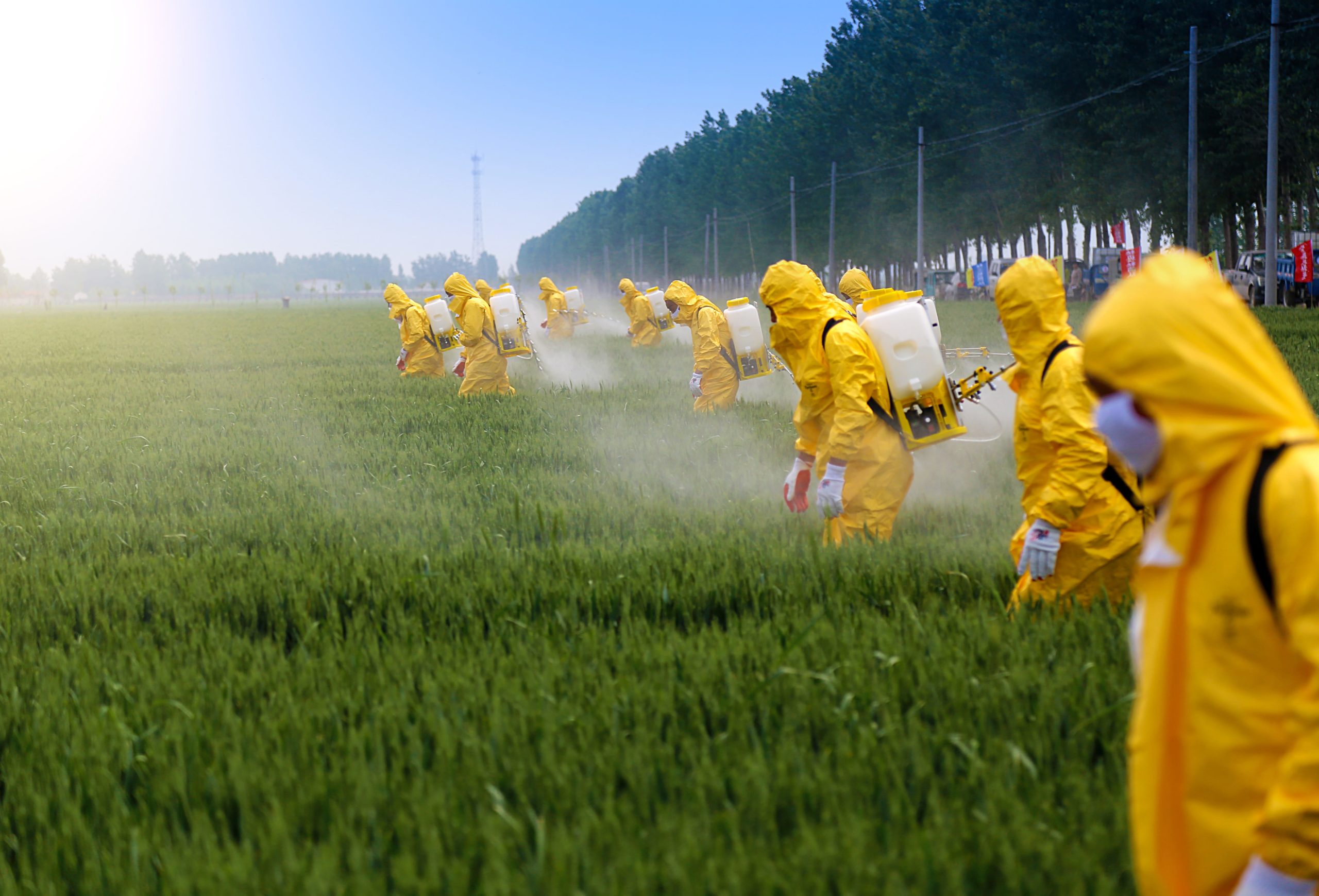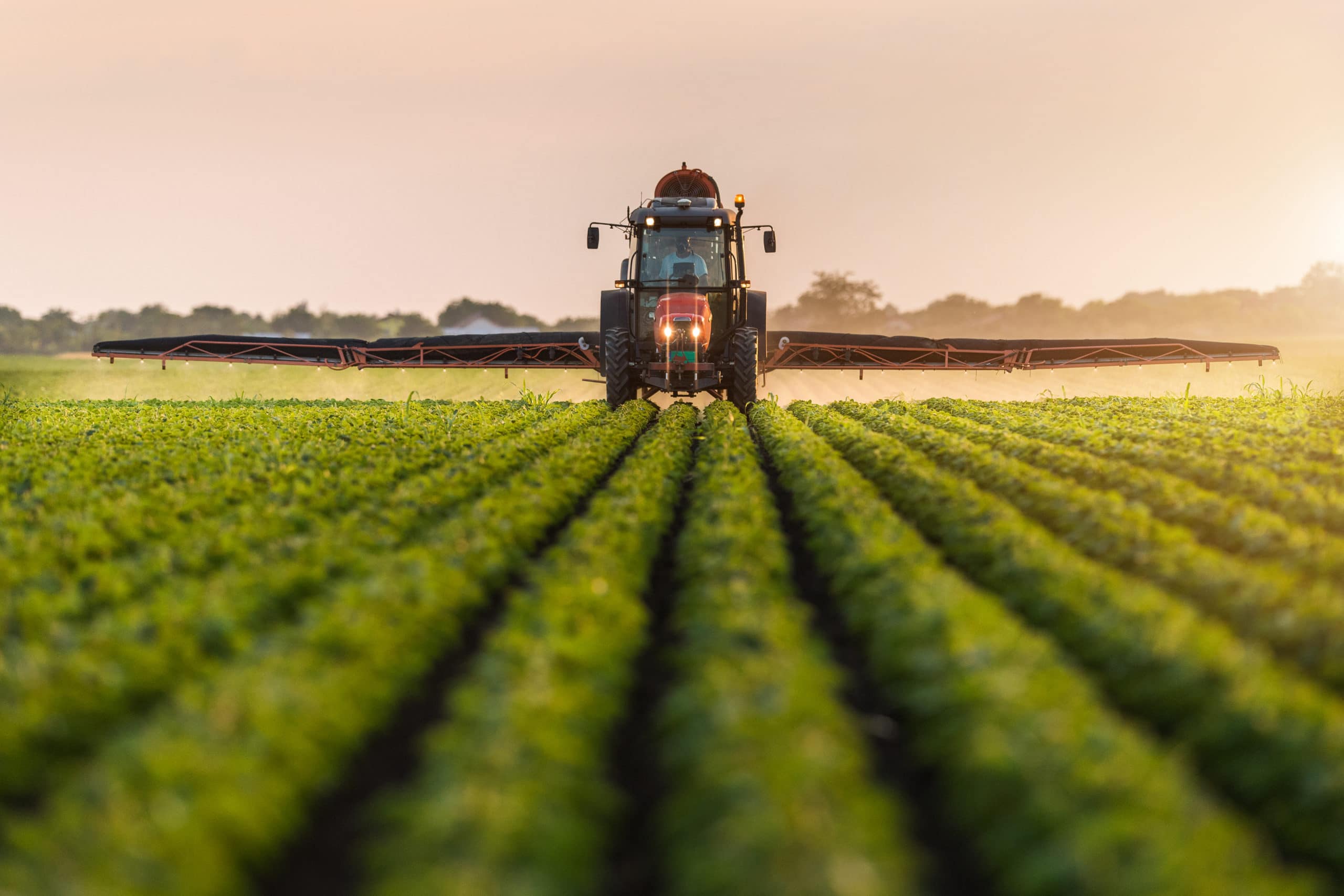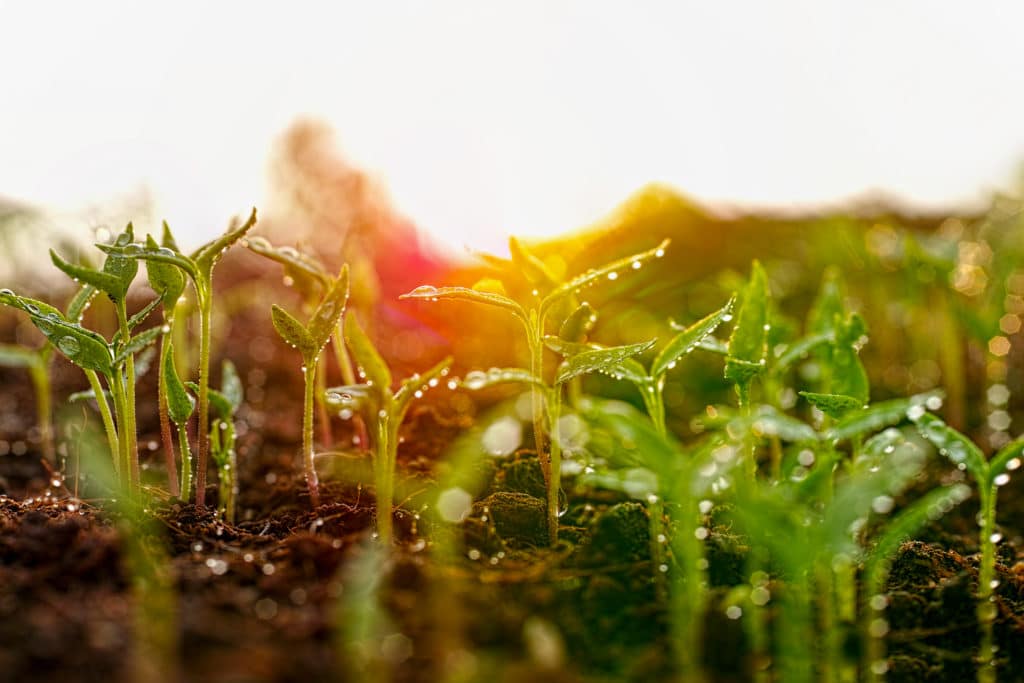
Learn the Truth About Pesticide Companies
Organic food should be the norm, but the pesticide industry has a major financial interest in keeping their toxic products on the market. The estimated environmental and health care costs of pesticide use in the U.S. is estimated to be upwards of $12 billion annually. Meanwhile, the top pesticide manufacturers reap over $150 billion in profit each year from pesticides and other agricultural technologies.
The pesticide industry has undergone massive consolidation in recent years, and just four corporations now control over 84 percent of the market for pesticides: Bayer-Monsanto, DowDuPont, Syngenta-ChemChina and BASF. These companies spend tens of millions of dollars lobbying legislators and funding false science and front groups that mislead the public about the harms of pesticides. A United Nations report accuses pesticide corporations of the “systematic denial of harms,” “aggressive, unethical marketing tactics” and heavy lobbying of governments which has “obstructed reforms and paralyzed global pesticide restrictions.”

Merchants of Poison
A case study in disinformation, corrupted science, and manufactured doubt about glyphosate

Top 10 Truths About Pesticides
Pesticides have catastrophic impacts on the environment, human health and society according to a United Nations report that debunks the myth that pesticides are necessary to feed a growing world population.
Some of the most widely used pesticides today, which we found in the participants of our study, originated as weapons of war. A class of the most commonly used insecticides, called organophosphates, were developed as toxic nerve agents during World War II. And 2,4-D, one of the five most commonly used pesticides in the U.S., made up half of the notorious Agent Orange used as a defoliant in the Vietnam War and linked to cancer in veterans and the Vietnamese. Their formulations have not substantially changed in the ensuing years.
While the European Union has banned or restricted 246 pesticides, many of these same pesticides are widely used in the United States. These include the hormone-disrupting weed-killer atrazine and the class of chemicals known as neonicotinoids, which are a leading cause of massive pollinator losses and bee die-offs.
The estimated environmental and health care costs of pesticide use in the U.S. is estimated to be upwards of $12 billion every year. The United Nations asserts that pesticides have “catastrophic impacts on the environment, human health and society as a whole” in a report that debunks the myth that pesticides are necessary to feed a growing world population.
It is time to stop using toxic chemicals to grow our food. Another way is possible. Organic farmers grow abundant food without the use of an estimated 17,000 pesticide products allowed in non-organic farming.
If we want to create a healthy food system that provides for everyone and protects the health of people and the planet, we must put an end to the pesticide industry’s outsized influence. The more we expand organic farming through market and policy change, the more we take back our food system from pesticide companies.
Together, we have the power to make organic for all
Supporting organic means protecting you and your family from toxic pesticides — and it also means keeping farmers, farmworkers and rural communities on the frontlines of pesticide exposure safe. Organic farming also protects rather than harms the ecosystems that sustain all life. Join us to create a healthy, sustainable and just food system for all.

